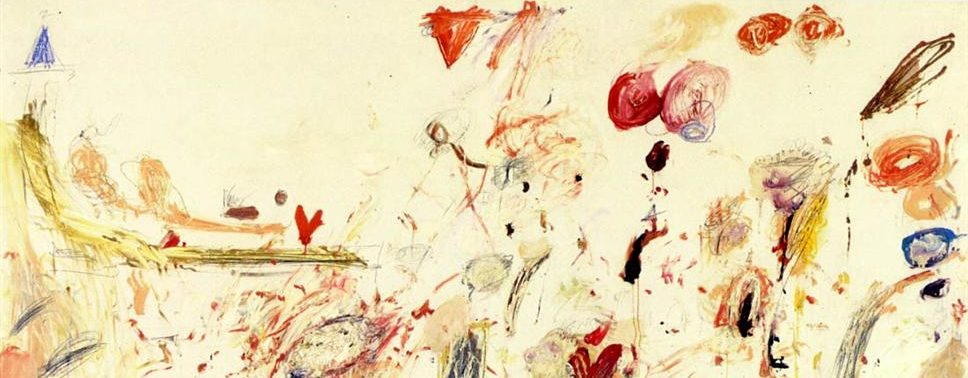May Perpetual Light Shine (Patricia Spears Jones)
We have encountered storms
Perfect in their drench and wreck
Each of us bears an ornament of grief
A ring, a notebook, a ticket torn, scar
It is how humans know their kind—
What is known as love, what can become
the heart’s food stored away for some future
Famine
Love remains a jewel in the hand, guarded
Shared fragments of earth & air drift & despair.
We ponder what patterns matter other than moons and tides:
musical beats—rumba or waltz or cha cha cha
cosmic waves like batons furiously twirling
colors proclaiming sparkle of darkness
as those we love begin to delight
in the stars embracing
I chose this poem by Patricia Spears Jones as the narrative voice – mournful, yet inherently hopeful – echoes the underlying tension between suffering and hope also evoked by Harlem Renaissance poet Langston Hughes. Hughes, during the booming cultural and artistic expansion of the Harlem Renaissance, put his literary excellence, and pioneering spirit, in service to the voice of the common man, his works coming to symbolize an unflagging hope in the African American experience. Similarly, Hughes cultivated a resolute optimism in all of his pieces, often interspersing a lighthearted, charismatic touch into the turbulent world of the Civil Rights Movement. Nonetheless, Hughes consistently struck an intentional balance between this innate optimism and the unrelenting struggle of his subjects’ daily lives, similar to the balance reflected in Jones’ poem.
Both Jones and Hughes further illuminate this interconnectedness by making explicit the relationship between suffering and moral strength, and moral strength and hope. Jones states, “We have encountered storms/ Perfect in their drench and wreck,” acknowledging a series of battles has been fought, yet, in some ways, Jones contends, the fight has enlightened one’s perspective, and contributed to an improved sense of self. Hughes, similarly, made sure, particularly through the pioneering of the blues stanza, that the structure of his poetry always recognized suffering as a means of empowerment. Jones, pegging grief in a more positive light, states, “Each of us bears an ornament of grief/ It is how humans know their kind.” Jones’ diction, by characterizing grief as a communal, inherent quality of human life becomes an instrument to build communities of hope, and to connect her diverse audience; likewise, Langston Hughes used characters like Jesse B. Simple to project a beloved voice into his audience that not only served as an expression of common struggle, but also as a thread to sew together the experience of both subject and reader. Both Jones and Hughes never fail to acknowledge an inherent tension intrinsic in the lives of their subjects, but neither let the struggle, however brutal, overshadow the essential message of their poem: the prospect of a more hopeful future.
Jones states, “Love becomes a jewel in the hand, guarded.” In this sense, Jones is reviving her poem with what cannot be lost even through struggle: intangible, yet highly prized qualities such as optimism, hope, and love. Likewise, Hughes weds continual striving with intangible beauty in his poems to not only address the grievances of his audience, but, more significantly, to spark an enduring hope in an attempt to revive the heartbeat of those broken, or still struggling. Jones even references love as the “heart’s food stored away for some future/ Famine,” noting, just like Hughes, that shared love is a powerful – perhaps even the strongest – remedy to combat personal struggle. Likewise, Hughes, just as Jones leverages love as a binding force, uses Harlem in his play “The Strollin Twenties” to unite, and inspire, his audience stating, “It’s many hands working hard all day long – and the prayer you pray that keeps you going along – that’s Harlem.”
Finally, both Hughes and Jones use accessible, familiar language that eschews preachiness in favor of an emphasis on what endures: hope and love. While seemingly trite, both Hughes and Jones capitalize on these intangibles to reach a greater audience, and connect a larger community. Thus, both Jones and Hughes recognize the essentiality of suffering in reconciling with the past, and in garnering strength for the future.
